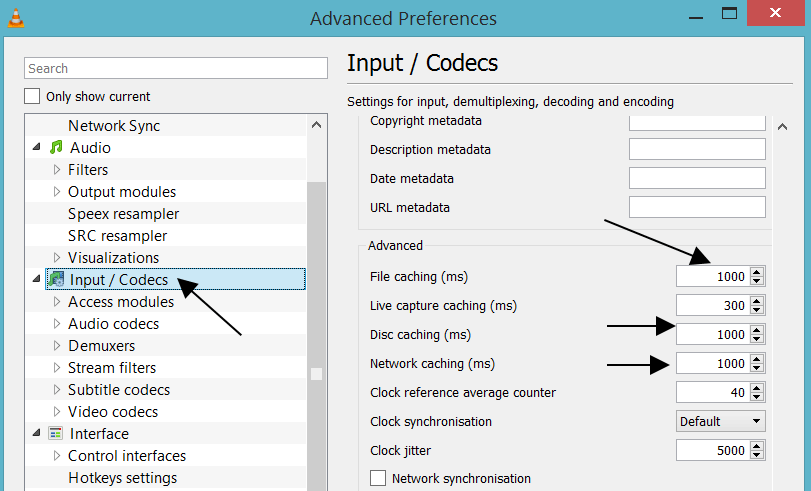Oh, it is a network issue. I thought streaming it through a network drive would be fine because it worked with a 1080p video file at a high bitrate. Oh well, thank you.
More than likely, bitrate isn't the issue. Bluray is typically 20 Mbps, with some discs going as high as 40 Mbps. Gigabit Ethernet is 1000 Mbps, and even 802.11n on 2.4 GHz can usually hit over 100 Mbps of actual throughput.
The problem is when a video player sees a stream from a local source (disk or shared drive on a LAN), it assumes latency-free data retrieval. So the people writing these players don't design them to buffer. That means any small hiccup in the network traffic (someone else doing a big file copy, microwave oven turning on, etc) or disk speed (virus scan kicks in, or file is broken into lots of fragments on a HDD, etc) can cause the data bitrate to temporarily drop below the the video's bitrate. And you'll get a pause or a stutter.
Streamed video like Netflix or YouTube assumes the opposite - that the network bitrate
will be lower than the video's bitrate. And so pre-downloads the video to create a buffer. Usually about 5-15 seconds. Any network glitches which don't last that long can usually be overcome. The player continues playing video from the buffer while waiting for the network stream to resume.
VLC is a local video player which has an adjustable cache (basically a buffer). If your average network bitrate is far above the video's bitrate but you're still experiencing stuttering, you can try increasing the cache size in VLC (default is 0.3 seconds).
When high definition videos of large sizes are opened in VLC Media Player—the HD video doesn't play perfectly at all times. The HD video freezes and skips

www.vlchelp.com
I sometimes have the same issue when I try to stream a very high quality video from my HTPC (running Plex) to another smart TV in the house.
Plex buffers. When I encounter stuttering with Plex, it's usually because the playback device doesn't fully support the encoding scheme. The Plex server is supposed to transcode in this situation (re-encode the video into a simpler encoding scheme on the fly). But I've noticed that e.g. a device which supports h.264 may not support
all the possible features of h.264 and will struggle with videos encoded with unsupported features. This is most prevalent with h.264 videos encoded as 10-bit. A lot of the old hardware decoders assumed nobody would ever use more than 8-bit, and so they struggle with 10-bit videos. In that situation, Plex sometimes will not transcode, and your playback device ends up getting a stream it can't decode in real-time.
Unfortunately, the only fix I've found is to re-encode the videos (use the "fast decode" option in Handbrake). Rather than re-encode nearly a TB of video, I just bought a new tablet. There's probably a setting somewhere in Plex to force transcoding, but they keep changing the UI around so I've given up trying to find or learn any advanced settings.



